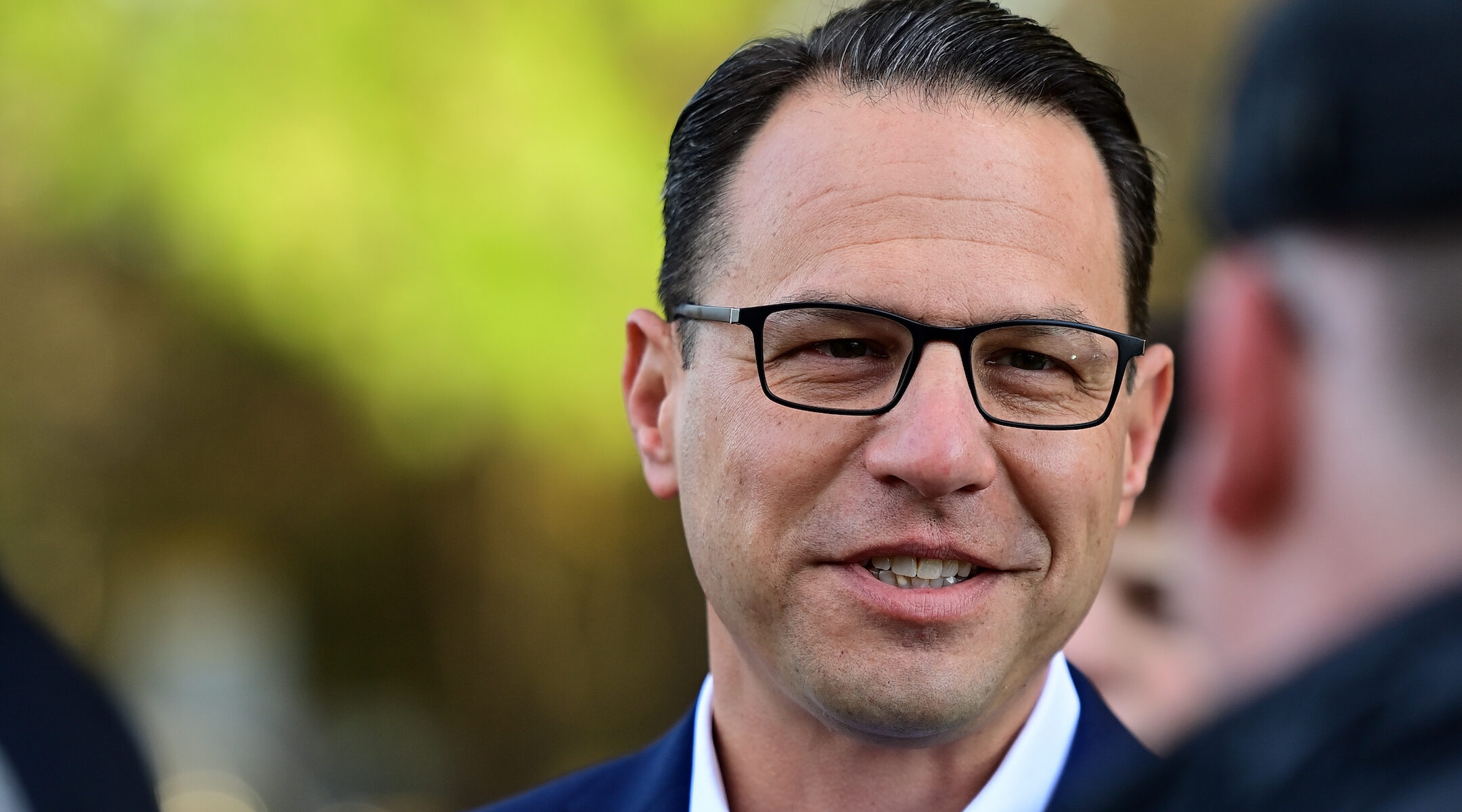
Democrat Josh Shapiro Wins Pennsylvania Governor’s Race: A Complex Victory
In a hotly contested race, Democrat Josh Shapiro has emerged victorious in the Pennsylvania governor’s election, defeating Republican Doug Mastriano by a decisive margin. This win marks a significant shift in Pennsylvania’s political landscape, as it ends eight years of Republican control of the governor’s office.
Shapiro’s Campaign and Platform
Shapiro, currently serving as the Pennsylvania Attorney General, campaigned on a platform of bipartisanship, economic development, and affordable healthcare. He pledged to unite Pennsylvanians, regardless of political affiliation, and to work towards policies that would benefit all residents. Shapiro’s campaign emphasized his experience in government, his commitment to fighting crime, and his focus on improving education and healthcare.
Mastriano’s Campaign and Agenda
Mastriano, a retired Army colonel, ran a campaign that appealed to the conservative base within the Republican party. His platform included staunch support for the second amendment, restrictions on abortion rights, and skepticism towards COVID-19 vaccines. Mastriano’s ties to former President Donald Trump also played a role in his campaign, as he embraced Trump’s rhetoric and echoed his claims about election fraud.
Key Issues in the Race
Several key issues shaped the race, including:
- Abortion: Mastriano’s hardline stance on abortion sparked controversy and mobilized voters on both sides of the issue.
- Economy: Shapiro emphasized his plans for job creation and economic development, while Mastriano focused on tax cuts and deregulation.
- Crime: As Attorney General, Shapiro touted his record on fighting crime, while Mastriano pledged to be tough on criminal justice.
- Election Integrity: Mastriano’s promotion of election fraud claims resonated with a segment of the Republican base, leading to concerns about the potential for election challenges.
Data and Analysis
Exit polls and election results provide valuable insights into the dynamics of the race:
- Shapiro secured 56% of the vote, while Mastriano received 42%.
- Shapiro performed well in urban and suburban areas, while Mastriano dominated in rural counties.
- Independent voters favored Shapiro by a significant margin.
- A majority of voters cited abortion as a key factor in their decision.
Perspectives and Reactions
The outcome of the race has elicited diverse reactions from commentators and experts:
- Democrats: Applaud Shapiro’s victory as a rejection of extremism and a reaffirmation of Pennsylvania’s commitment to moderate values.
- Republicans: Express disappointment in the loss, but acknowledge the need to rebuild the party and focus on future elections.
- Political Analysts: View the result as a sign of Pennsylvania’s shifting political landscape and the growing influence of independent voters.
Implications and Broader Context
Shapiro’s victory has several implications for Pennsylvania and national politics:
- Pennsylvania’s Political Climate: The end of Republican control over the governor’s office is expected to lead to changes in policy and a reassessment of priorities.
- 2024 Presidential Election: Pennsylvania is a key swing state in presidential elections, and the outcome of the governor’s race could influence the upcoming presidential contest.
- Republican Party Dynamics: Mastriano’s defeat highlights the tension within the Republican party between moderate and conservative factions.
Conclusion
Josh Shapiro’s victory in the Pennsylvania governor’s election is a complex story involving multiple factors, including his campaign strategy, Mastriano’s agenda, key issues, and the broader political dynamics of the state. The outcome will have significant implications for Pennsylvania’s future and the national political landscape. As the state transitions under new leadership, it will be crucial to monitor policy changes, assess the impact on the Republican party, and anticipate the role Pennsylvania will play in the upcoming presidential election.